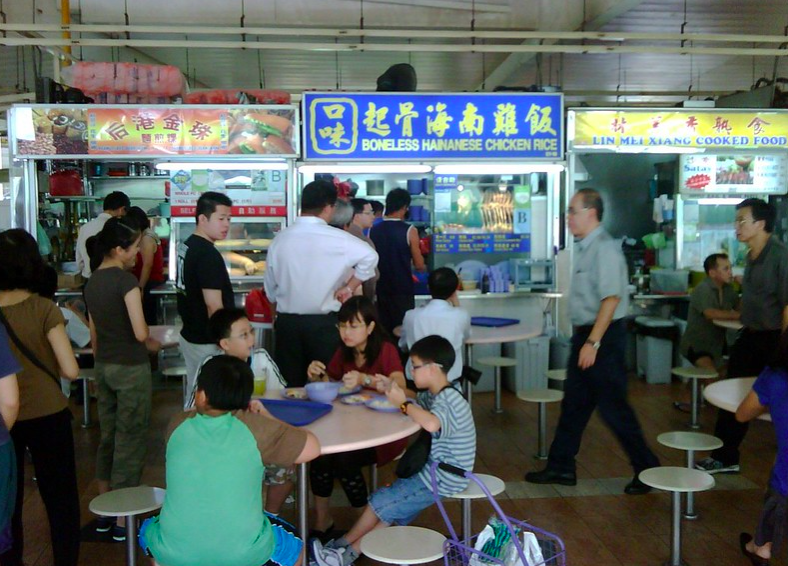Chicken rice, arguably Singapore’s most popular and best-beloved dish, is about to get costlier next month, with an export ban of chicken from Malaysia. Fans would be well-advised to get their fill ASAP.
Malaysian Prime Minister Ismail Sabri Yaakob said in a statement on Monday (May 23), “The government’s priority is our own people.” The ban, which takes effect on June 1, is to make sure that Malaysians have enough supply.
Up to 3.6 million chickens have been exported from Malaysia to Singapore monthly. However, there have been complaints from Malaysia of supply shortages as well as rising chicken prices, which led to the ban.
Furthermore, there has been no announcement as to when the ban will be lifted, with authorities only stating that it will last till domestic prices and production stabilise.
On the evening of May 23, the Singapore Food Agency (SFA) issued a statement addressing the issue, assuring Singaporeans that it is working with importers to increase supplies of both chilled and frozen chicken.
Yahoo!Singapore reported the SFA as saying that frozen chicken is still available amid the temporary disruption of the chilled chicken supply.
Nearly 73,000 tonnes of chicken were imported to Singapore in 2021, one-third of which came from Malaysia.
Malaysia imports mainly fresh chicken, which is then slaughtered and chilled in Singapore.
“We strongly encourage consumers to play their part by being open to switching choices within and across food groups (such as consuming frozen chicken instead of chilled) as well as other sources of meat products,” the SFA said.
The ban from Malaysia will mean that the chicken in chicken rice dishes is more likely to come from frozen instead of fresh chicken. CIMB economist Song Seng Wun called this “the smell and taste perception” according to Bloomberg.

Aside from supply shortages, Singaporeans will likely have to deal with higher chicken prices, which had already gone up by 5.7 per cent last month, Bloomberg quoted Maybank economist Lee Ju Ye as saying in a May 24 report.
This is unwelcome news for Singaporeans, for whom chicken is the most widely-consumed meat.
Food inflation is expected to be between 4 and 6 per cent, as opposed to 1.5 per cent in the past five years, added Ms Lee.
Bloomberg spoke to the owner of a chicken rice hawker stall at Newton, Philip Sng, who said, “We definitely have to raise prices for our customers. We have no choice.” /TISG

